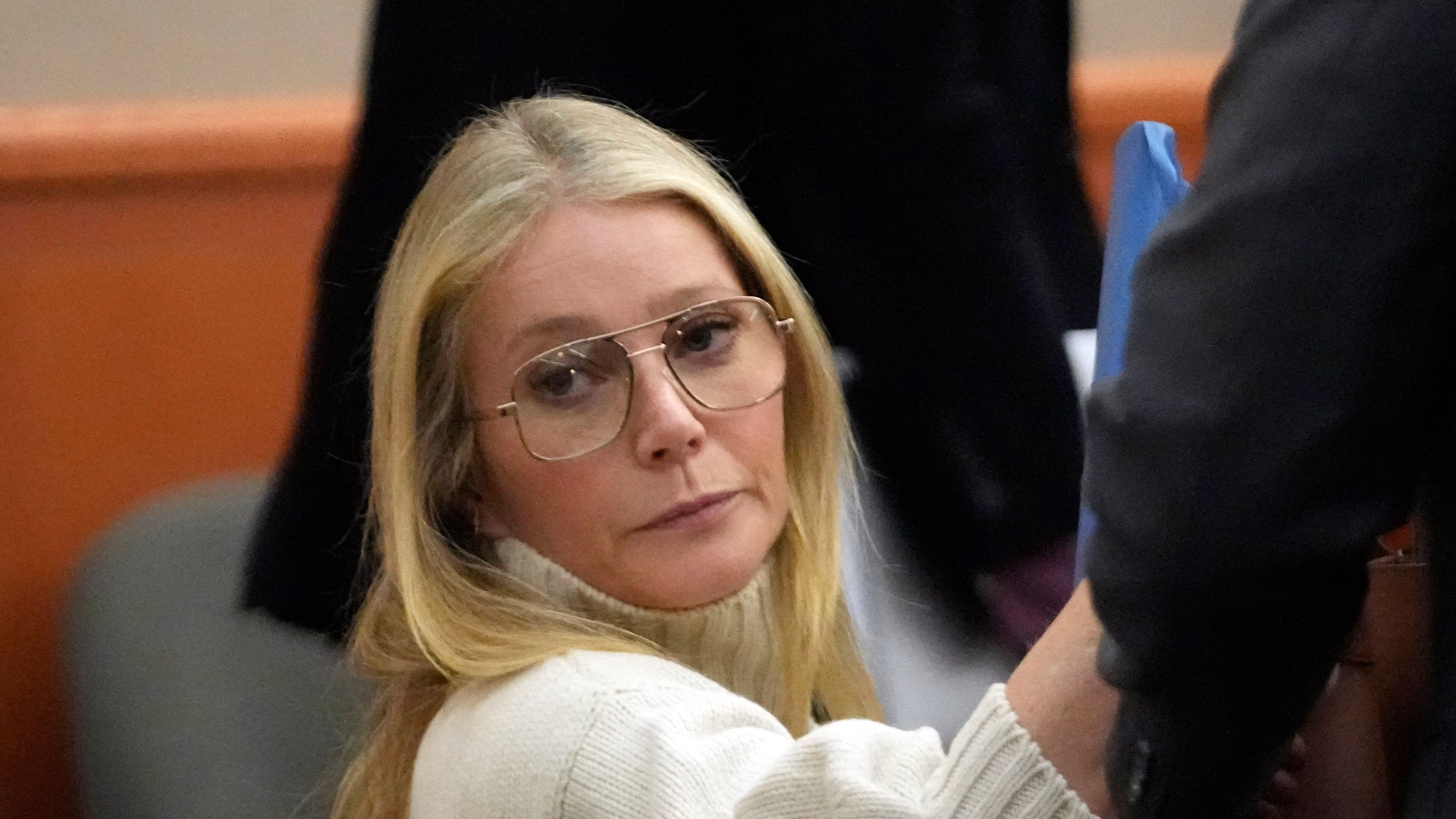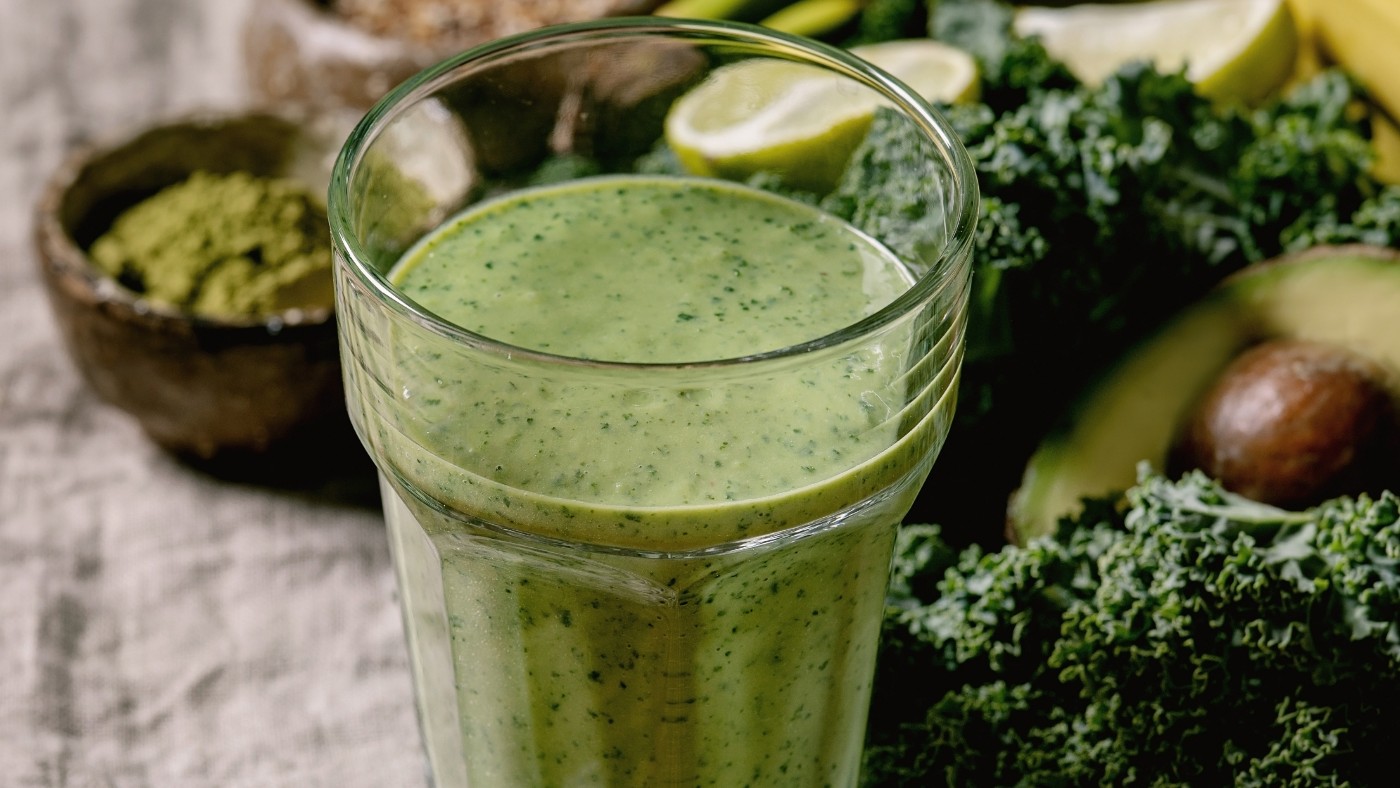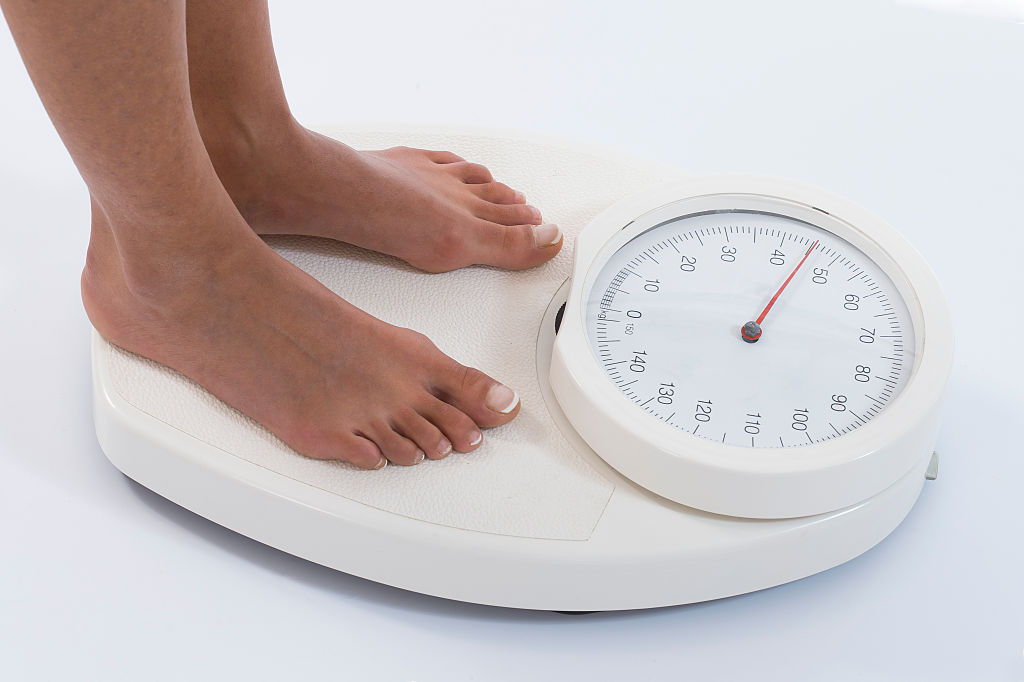Clean eating: what is it and why is it so controversial?
Nigella Lawson criticises 'clean eating' fad popular with the likes of Gwyneth Paltrow and Miranda Kerr

A free daily email with the biggest news stories of the day – and the best features from TheWeek.com
You are now subscribed
Your newsletter sign-up was successful
Celebrity chef Nigella Lawson has spoken out against 'clean eating' this week, warning that the trend can be used to mask serious conditions such as eating disorders.
The diet is popular among celebrities including Gwyneth Paltrow, Miranda Kerr and Jessica Alba. So what exactly is it and why is it so controversial?
What is a clean eating diet?
The Week
Escape your echo chamber. Get the facts behind the news, plus analysis from multiple perspectives.

Sign up for The Week's Free Newsletters
From our morning news briefing to a weekly Good News Newsletter, get the best of The Week delivered directly to your inbox.
From our morning news briefing to a weekly Good News Newsletter, get the best of The Week delivered directly to your inbox.
Clean eaters try to eat foods in their most natural state. Therefore processed foods, such as crisps, sugary cereals and biscuits, are off the menu.
Meals consist of lean meats, vegetables, fruits, pulses, nuts and seeds - and packaged food should contain only recognisable 'whole food' ingredients, rather than additives and sweeteners. Some clean eaters also prefer to avoid dairy, gluten, refined sugar, caffeine and alcohol.
What do its supporter say?
Clean eating fans insist the diet is not about consuming less or more food, but better quality food. Eating whole foods boosts health, energy and mood, they say. Several studies have also shown that reducing ready meals and fast food can reduce life-threatening conditions such as type 2 diabetes, heart disease and even certain cancers.
A free daily email with the biggest news stories of the day – and the best features from TheWeek.com
Ella Woodward, food blogger and author of Deliciously Ella, says her diet of whole foods helped her take control of Postural Tachycardia Syndrome, an illness affecting the autonomic nervous system.
So why are critics against it?
Nigella Lawson says the problem with clean eating is that it makes other ways of eating seem shameful. "People are using certain diets as a way to hide an eating disorder or a great sense of unhappiness with their own body," she says.
"There is a way in which food is used to either self-congratulate – you're a better person because you're eating like that – or to self-persecute, because you will not allow yourself to eat what you want."
One woman, Carrie Armstrong, from Newcastle, told the Daily Telegraph how her clean eating diet had turned into an obsession, causing severe weight loss.
The "pathological fixation on eating proper food" was named orthorexia nervosa in 1997 by Dr Steven Bratman, who wrote about his own obsession with evangelical eating. However, the term is yet to be officially recognised as an eating disorder by the Diagnostic and Statistical Manual of Mental Disorders, says the newspaper.
Other experts are concerned about people cutting out food groups from their diet. One Harley Street sport nutritionist told the Telegraph that diets outlawing entire food groups are causing more deficiencies than he has ever seen before.
Another nutrition expert told The Spectator that some "wellness gurus" are "injecting an unwelcome degree of paranoia into society, without any scientific backing". The message from experts appears to be "everything in moderation".
-
 The ‘ravenous’ demand for Cornish minerals
The ‘ravenous’ demand for Cornish mineralsUnder the Radar Growing need for critical minerals to power tech has intensified ‘appetite’ for lithium, which could be a ‘huge boon’ for local economy
-
 Why are election experts taking Trump’s midterm threats seriously?
Why are election experts taking Trump’s midterm threats seriously?IN THE SPOTLIGHT As the president muses about polling place deployments and a centralized electoral system aimed at one-party control, lawmakers are taking this administration at its word
-
 ‘Restaurateurs have become millionaires’
‘Restaurateurs have become millionaires’Instant Opinion Opinion, comment and editorials of the day
-
 Will Nigella be the secret ingredient to revive GBBO?
Will Nigella be the secret ingredient to revive GBBO?Talking Point Lawson will bring yet more ‘eye-twinkling double entendres’ to a show that some say has ‘lost its way’
-
 How weight-loss jabs are changing the way we eat
How weight-loss jabs are changing the way we eatIn The Spotlight Anti-obesity drugs have been a boon for Babybel but are supermarkets ready for a slimmed-down Christmas?
-
 Ozempic and its brethren are running headlong into American dining and dieting culture
Ozempic and its brethren are running headlong into American dining and dieting cultureIn the Spotlight Some restaurants are feeling the burn. So are beauty expectations.
-
 ‘Reckless’ Gwyneth Paltrow caused ski crash, US court hears
‘Reckless’ Gwyneth Paltrow caused ski crash, US court hearsSpeed Read The Oscar-winning actress has countersued over allegations of a ‘hit-and-run’ incident
-
 Juice cleanses: what are the benefits and are they dangerous?
Juice cleanses: what are the benefits and are they dangerous?feature Many are looking to start 2023 with the mantra of ‘out with the old and in with the OJ’
-
 Pros and cons of a vegetarian diet
Pros and cons of a vegetarian dietPros and Cons Studies show 41% of British families are currently following a meat-free or ‘flexitarian’ diet
-
 How scientists discovered that one-size diets don’t fit all
How scientists discovered that one-size diets don’t fit allfeature Research on blood sugar levels suggests that what constitutes a healthy diet depends on who is eating it
-
 The five most promising methods to extend human life
The five most promising methods to extend human lifefeature Latest research findings on biology of ageing have revealed secrets to living longer, healthier lives